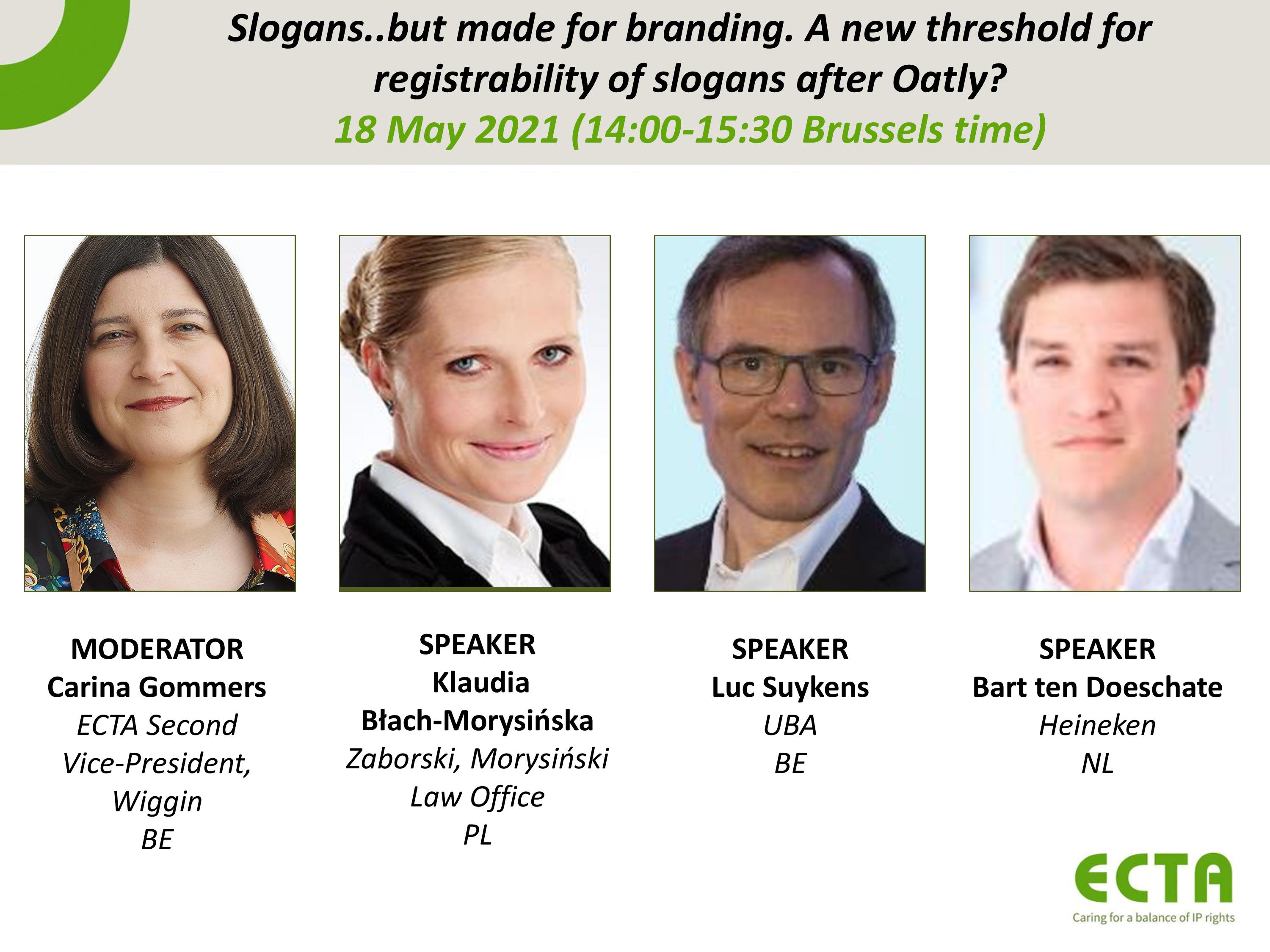Archive
03/03/2025 |
21/02/2025 |
12/02/2025 |
31/01/2025 |
07/01/2025 |
27/11/2024 |
21/11/2024 |
13/11/2024 |
17/10/2024 |
18/09/2024 |
01/08/2024 |
25/06/2024 |
17/06/2024 |
10/06/2024 |
24/05/2024 |
29/04/2024 |
27/03/2024 |
15/03/2024 |
04/03/2024 |
01/02/2024 |
17/12/2023 |
01/12/2023 |
13/11/2023 |
10/11/2023 |
24/10/2023 |
28/09/2023 |
27/09/2023 |
20/09/2023 |
01/09/2023 |
23/06/2023 |
11/04/2023 |
03/04/2023 |
27/03/2023 |
06/03/2023 |
28/11/2022 |
18/11/2022 |
10/11/2022 |
08/11/2022 |
03/11/2022 |
18/10/2022 |
13/10/2022 |
12/10/2022 |
26/09/2022 |
05/07/2022 |
24/06/2022 |
14/06/2022 |
13/06/2022 |
19/05/2022 |
05/05/2022 |
22/03/2022 |
25/02/2022 |
21/02/2022 |
10/02/2022 |
NEW OBSERVATORY PAPER: IPR-INTENSIVE INDUSTRIES AND ECONOMIC PERFORMANCE IN LATIN AMERICAN COUNTRIES 20/01/2022 |
20/01/2022 |
21/12/2021 |
16/12/2021 |
10/12/2021 |
27/10/2021 |
21/10/2021 |
03/08/2021 |
15/07/2021 |
29/06/2021 |
21/06/2021 |
21/06/2021 |
08/06/2021 |
14/05/2021 |
11/05/2021 |
11/05/2021 |
05/05/2021 |
07/04/2021 |
01/04/2021 |
22/03/2021 |
17/03/2021 |
09/03/2021 |
02/03/2021 |
22/02/2021 |
16/02/2021 |
16/02/2021 |
15/02/2021 |
03/02/2021 |
30/12/2020 |
21/12/2020 |
02/12/2020 |
26/11/2020 |
24/11/2020 |
18/11/2020 |
10/11/2020 |
06/11/2020 |
29/10/2020 |
27/10/2020 |
04/09/2020 |
03/08/2020 |
12/07/2020 |
26/06/2020 |
24/06/2020 |
19/06/2020 |
15/06/2020 |
11/06/2020 |
02/06/2020 |
15/05/2020 |
05/05/2020 |
29/04/2020 |
15/04/2020 |
INFORMATION EXCHANGE ON COVID-19 PROTECTION PRODUCTS VIA THE EUIPO OBSERVATORY IP ENFORCEMENT PORTAL 09/04/2020 |
07/04/2020 |
17/03/2020 |
05/03/2020 |
28/02/2020 |
18/02/2020 |
18/02/2020 |
13/02/2020 |
07/02/2020 |
31/01/2020 |
20/01/2020 |
13/01/2020 |
21/12/2019 |
09/12/2019 |
29/11/2019 |
27/11/2019 |
29/10/2019 |
24/10/2019 |
11/10/2019 |
09/10/2019 |
30/09/2019 |
29/09/2019 |
11/07/2019 |
09/07/2019 |
08/07/2019 |
05/07/2019 |
22/05/2019 |
21/05/2019 |
19/05/2019 |
08/04/2019 |
01/03/2019 |
01/02/2019 |
< Go back to list
ECTA WEBINAR ON SLOGANS (18 MAY 2021)
11/05/2021
Don’t forget to register for the ECTA webinar “Slogans..but made for branding. A new threshold for registrability of slogans after Oatly?” - 18 May 2021 (14.00-15.30 Brussels time)!
ECTA Second Vice-President Carina Gommers (Wiggin, BE) will moderate a high-level panel of speakers comprised of Klaudia Błach-Morysińska (Zaborski, Morysiński Law Office, PL), Luc Suykens (UBA,BE), and Bart ten Doeschate (Heineken International, NL).
How easy is it to register slogans, should they be registered, and what can be done to ensure their protection? After an overview of relevant EU judgements, including the last ‘milky’ case, our speakers will discuss the degree of distinctiveness required and whether it will be easier to register slogans as trade marks. They will also provide insights from a marketing perspective, such as how a slogan is practically developed as well as address in-house legal challenges around this topic.
The webinar will be held in English via the Zoom Webinar platform. The cost is:
• ECTA members - 40,00€
• Non-members - 65,00€
• Students and full-time academics - 15,00€
• Officials - Free of charge
Upon request, you will receive a certificate of attendance, in order to ask for CLE credits from your national Bar Associations, if applicable.

ECTA Second Vice-President Carina Gommers (Wiggin, BE) will moderate a high-level panel of speakers comprised of Klaudia Błach-Morysińska (Zaborski, Morysiński Law Office, PL), Luc Suykens (UBA,BE), and Bart ten Doeschate (Heineken International, NL).
How easy is it to register slogans, should they be registered, and what can be done to ensure their protection? After an overview of relevant EU judgements, including the last ‘milky’ case, our speakers will discuss the degree of distinctiveness required and whether it will be easier to register slogans as trade marks. They will also provide insights from a marketing perspective, such as how a slogan is practically developed as well as address in-house legal challenges around this topic.
The webinar will be held in English via the Zoom Webinar platform. The cost is:
• ECTA members - 40,00€
• Non-members - 65,00€
• Students and full-time academics - 15,00€
• Officials - Free of charge
Upon request, you will receive a certificate of attendance, in order to ask for CLE credits from your national Bar Associations, if applicable.

| < Previous | Next > |
| ECTA AISBL Rue des Colonies 18 / 24 BE - 1000 Bruxelles, Belgium VAT BE0738648961 | Telephone: + 32 2 513 52 85 Telefax: + 32 2 513 09 14 E-mail: ecta@ecta.org Web : https://ecta.org | Privacy policyCookies ...by Organica |